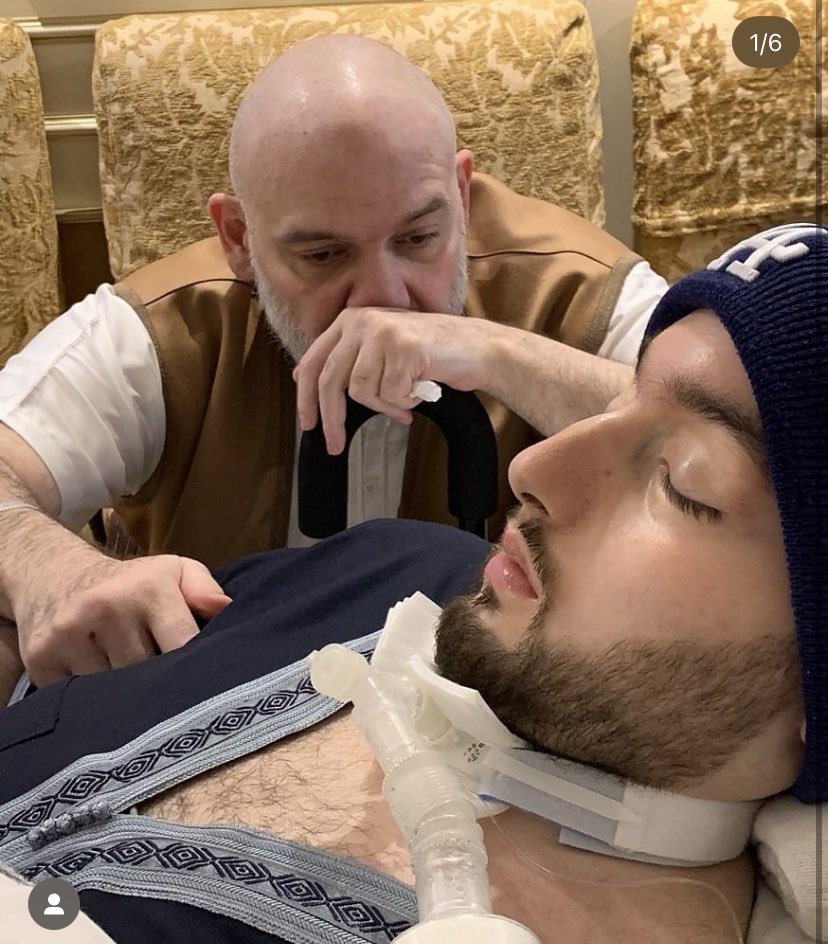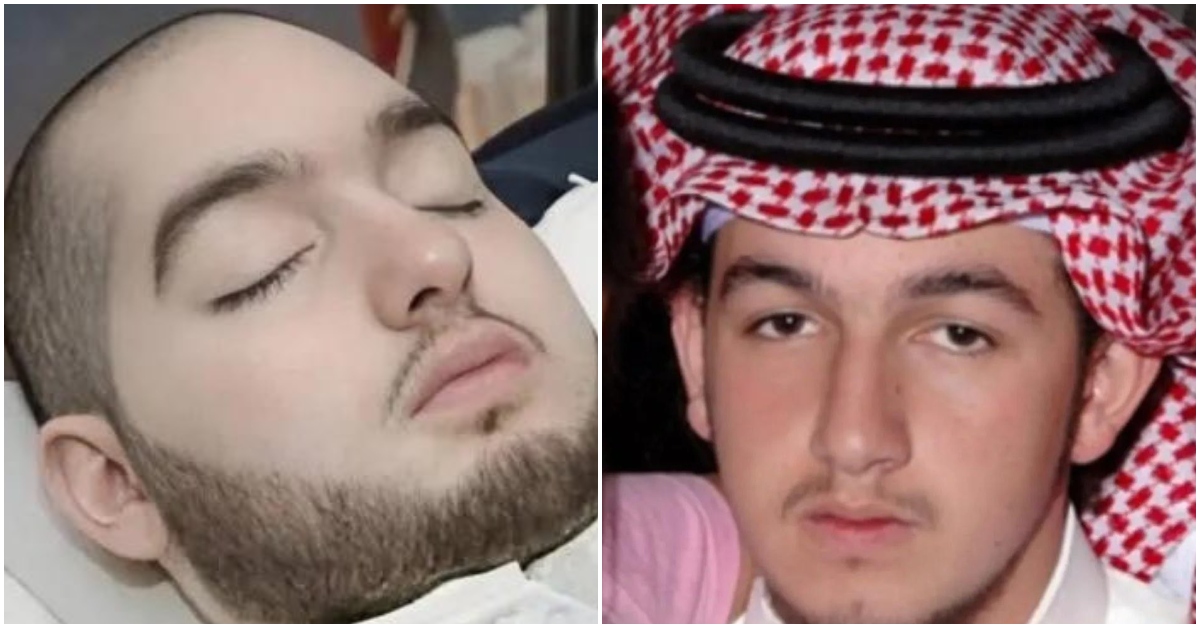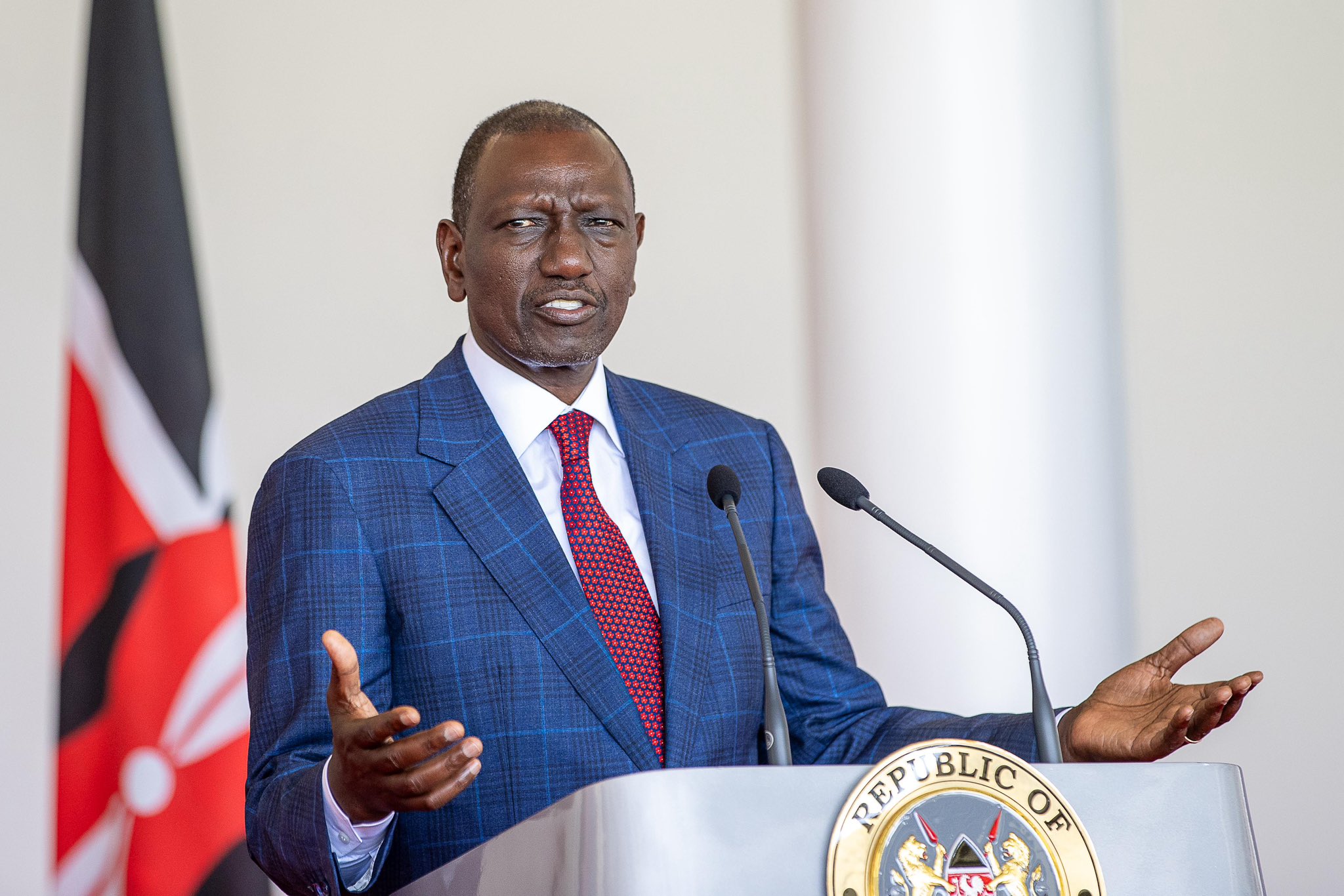Prince Al-Waleed bin Khaled bin Talal Al Saud, known around the world as Saudi Arabia’s ‘Sleeping Prince’, has passed away at the age of 36, after spending two decades in a coma—his life frozen in time following a devastating accident.
The prince, affectionately called Dede by his family, slipped into a coma in 2005 at the age of 15, after a tragic car crash while studying at a military college in London.
The accident left him with severe brain injuries and internal bleeding. Though doctors recommended ending life support as early as 2015, his father—Prince Khaled bin Talal Al Saud, a prominent member of the royal family—refused to give up on his son.
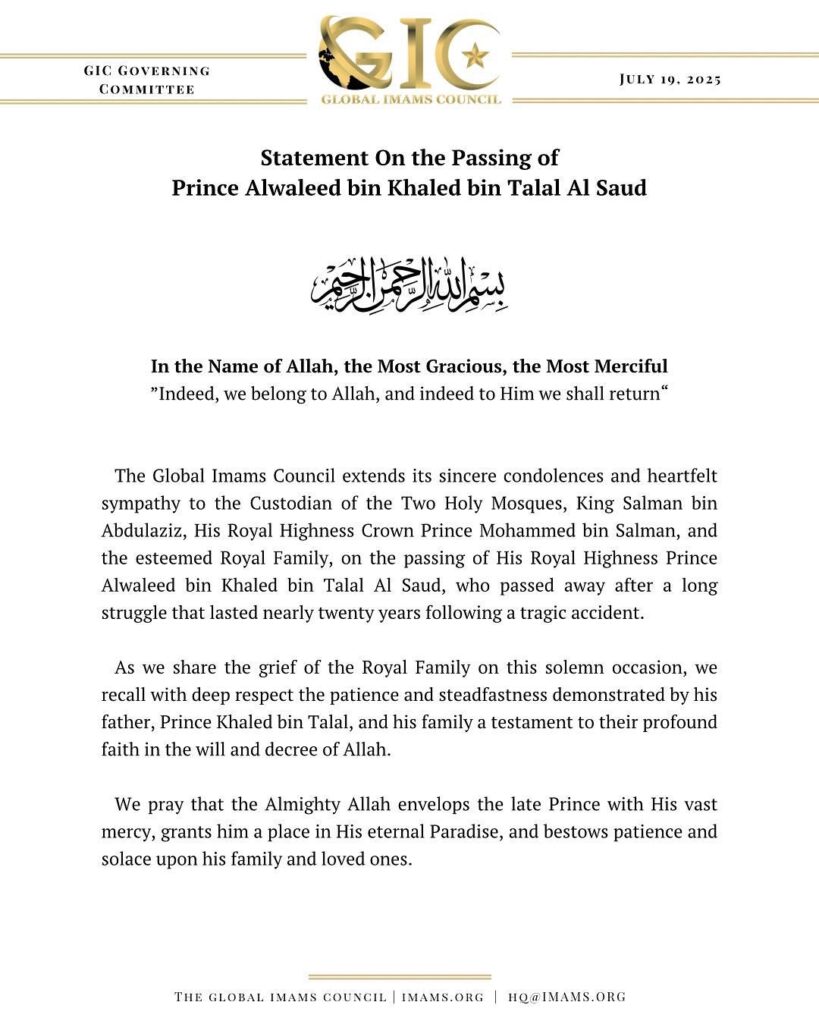
“If God had wanted him to die in the accident, he would have been in his grave now,” Prince Khaled once said, standing firm in faith and defiance.
Over the years, Prince Khaled transformed his son’s hospital room at King Abdulaziz Medical City in Riyadh into a space of love, prayer, and celebration. From decorating it for Ramadan and Eid, to marking Saudi National Day and birthdays, the family never stopped hoping.
At times, there were glimmers of response—Al-Waleed would raise his fingers or slightly move his head. These moments, often shared by the prince’s father on social media, went viral and stirred millions of hearts across the Arab world and beyond.
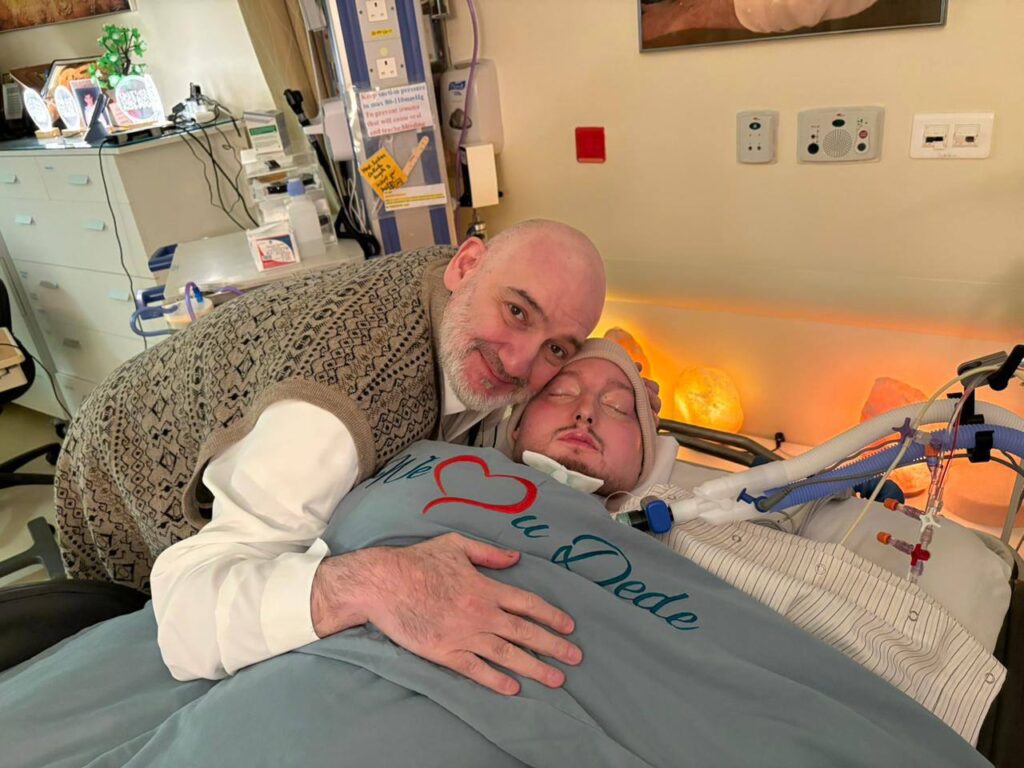
But the miracle they prayed for never came. On Saturday, July 19, 2025, Prince Khaled shared the heartbreaking news:
“With hearts believing in Allah’s will and decree, and with deep sorrow and sadness, we mourn our beloved son… may Allah have mercy on him.”
A black-and-white photo accompanied the message—Prince Al-Waleed in his hospital bed, eyes closed, a still figure who had become a national symbol of unwavering love, resilience, and the bond between a parent and a child.
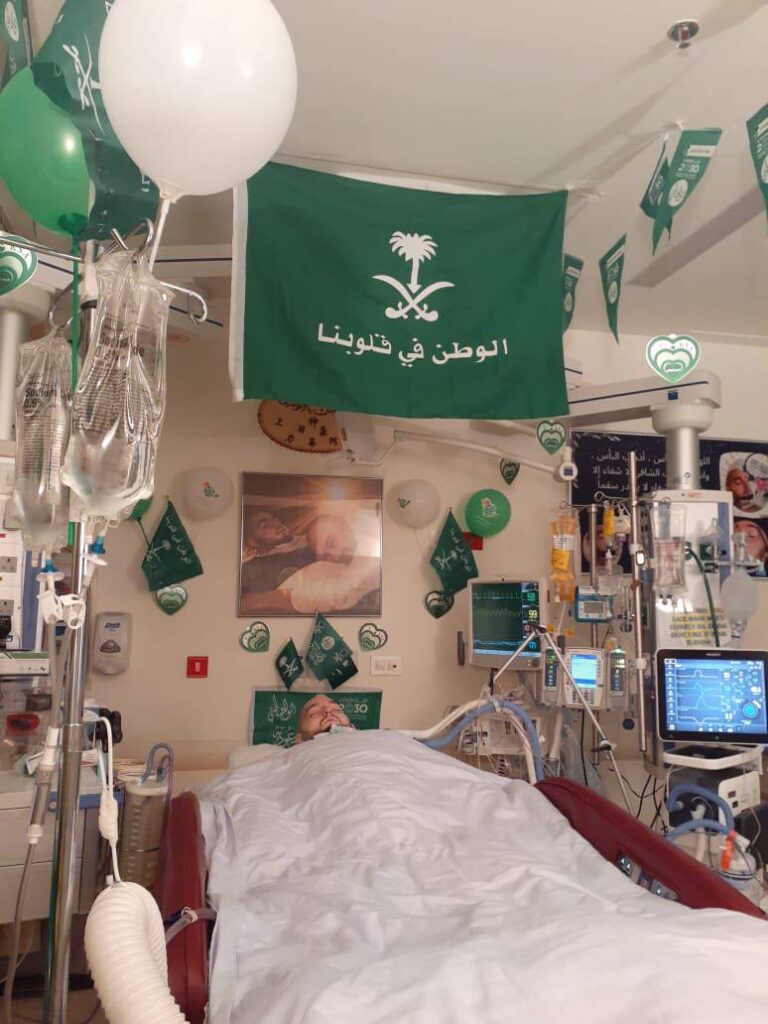
The prince’s funeral will be held on Sunday, July 20, at Imam Turki bin Abdullah Mosque in Riyadh, following the Asr prayer.
A Royal Life Held in Suspension
Born in April 1990, Al-Waleed was the great-grandson of King Abdulaziz Al Saud, the founder of modern Saudi Arabia. His great-uncle is the reigning King Salman.
The young prince’s story captured national and international attention, not only because of his royal lineage but because of the sheer emotional gravity of his condition—a life lived in silence, kept alive by machines, prayer, and hope.
In 2019, reports of minor movement sparked a wave of hope. In April 2025, he turned 36—his 20th birthday in a coma. Social media was flooded with prayers:
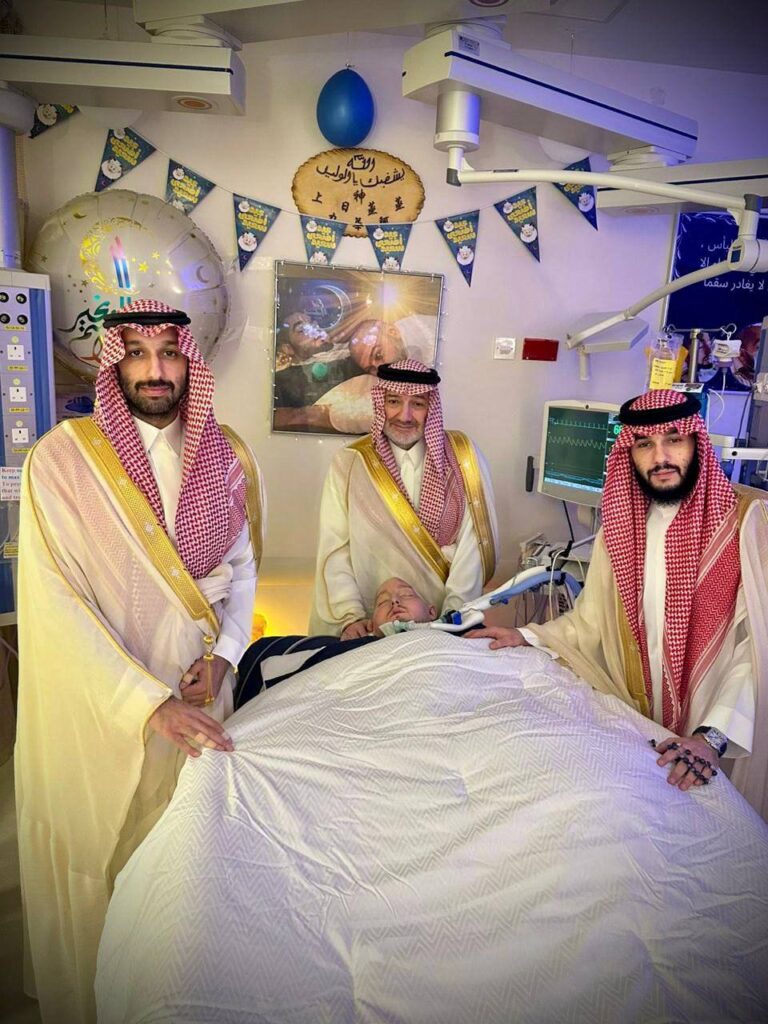
“Hopefully, he wakes up soon. God, almighty bless him,” one user posted on X.
But time, despite the optimism, was not on their side.
A Father’s Love That Moved a Nation
Over the years, Prince Khaled’s devotion became a symbol of unshakable paternal love. He stayed by his son’s side, sharing prayers, hope, and updates with millions. Even as the world moved on, he did not. He believed his son still heard him.
Even in loss, that love remains unforgettable.
Prince Al-Waleed may never have woken up, but in those two decades of silence, he spoke volumes—about faith, about hope, and about the kind of love that never lets go.
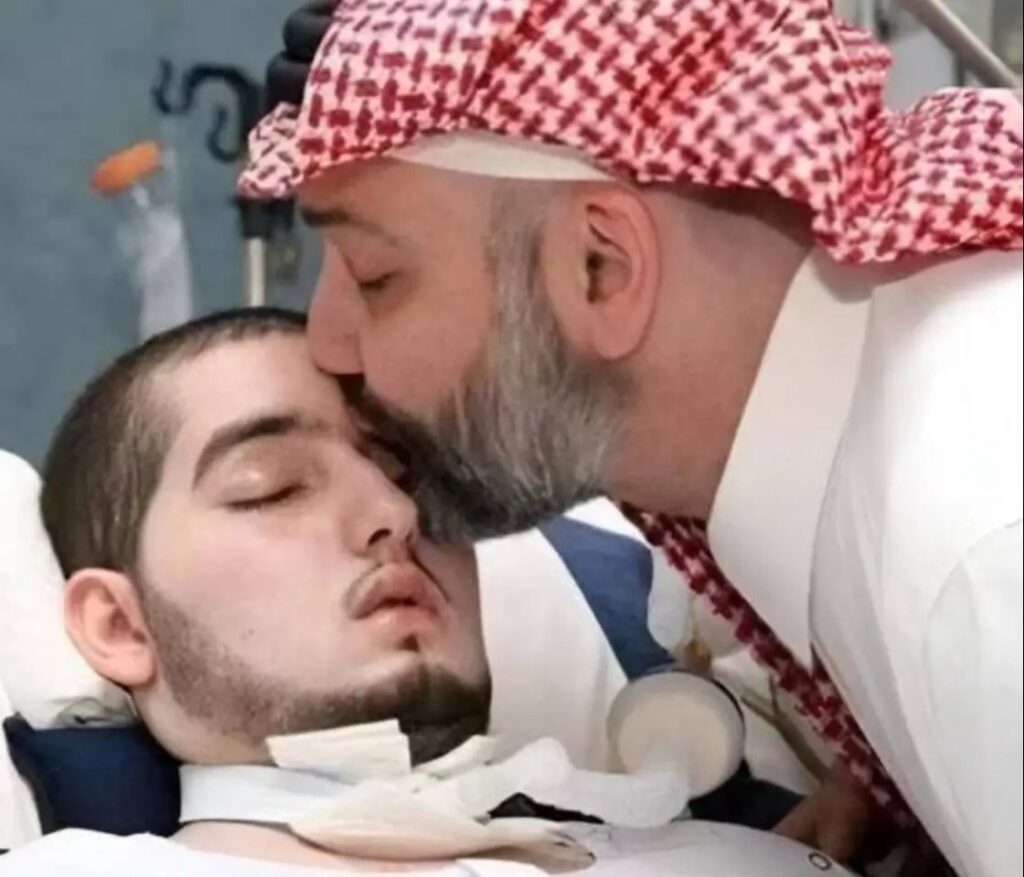
Spiritual legacy
The prince’s hospital room became a spiritual landmark, frequented by visitors offering prayers and support.
His life and prolonged struggle reflect not only medical challenges but also enduring human spirit and family devotion that transcended generations.
Inna lillahi wa inna illayhi rajiun “Indeed we belong to Allah, and indeed to him we will return.”
